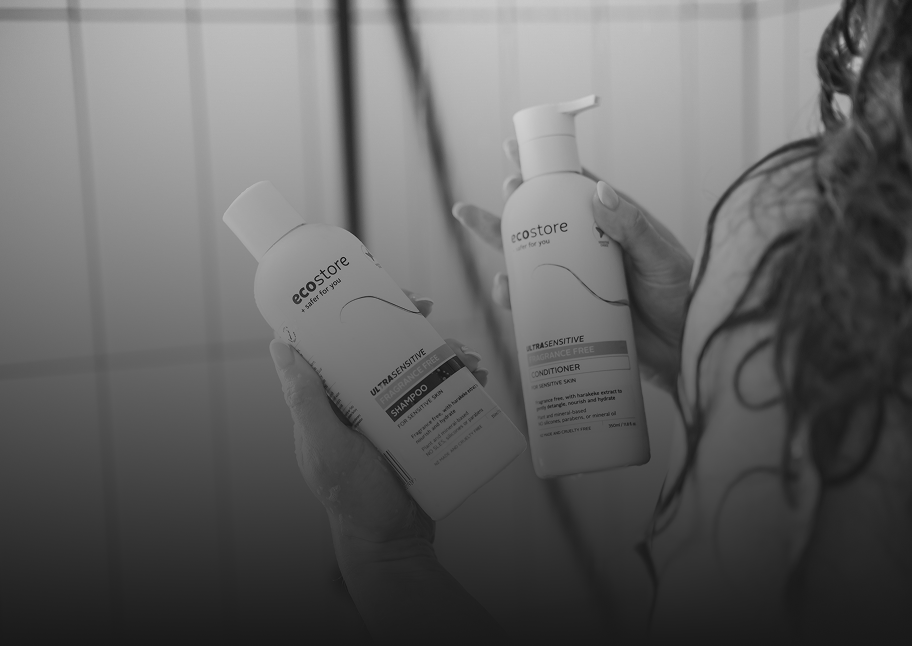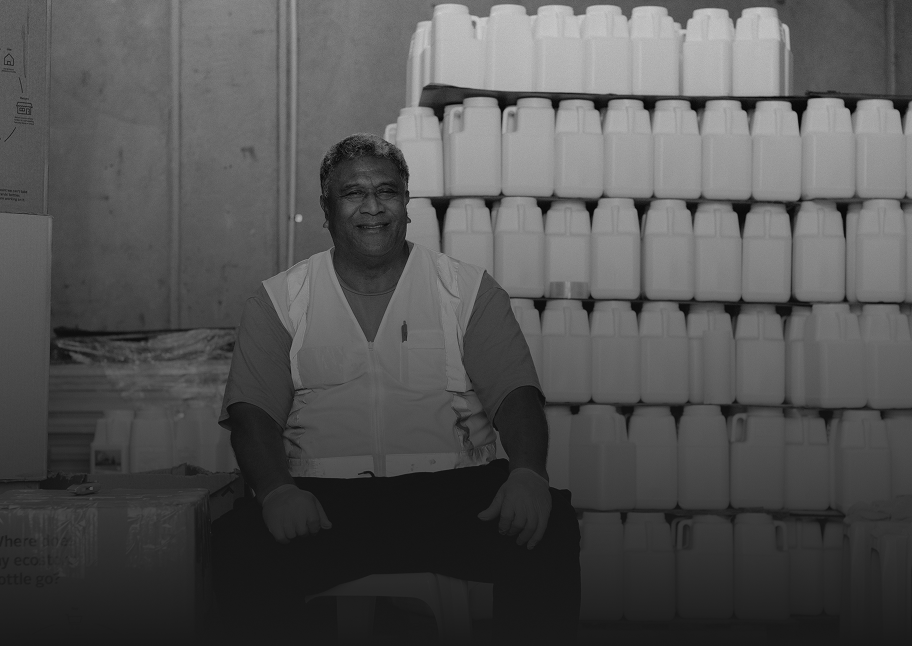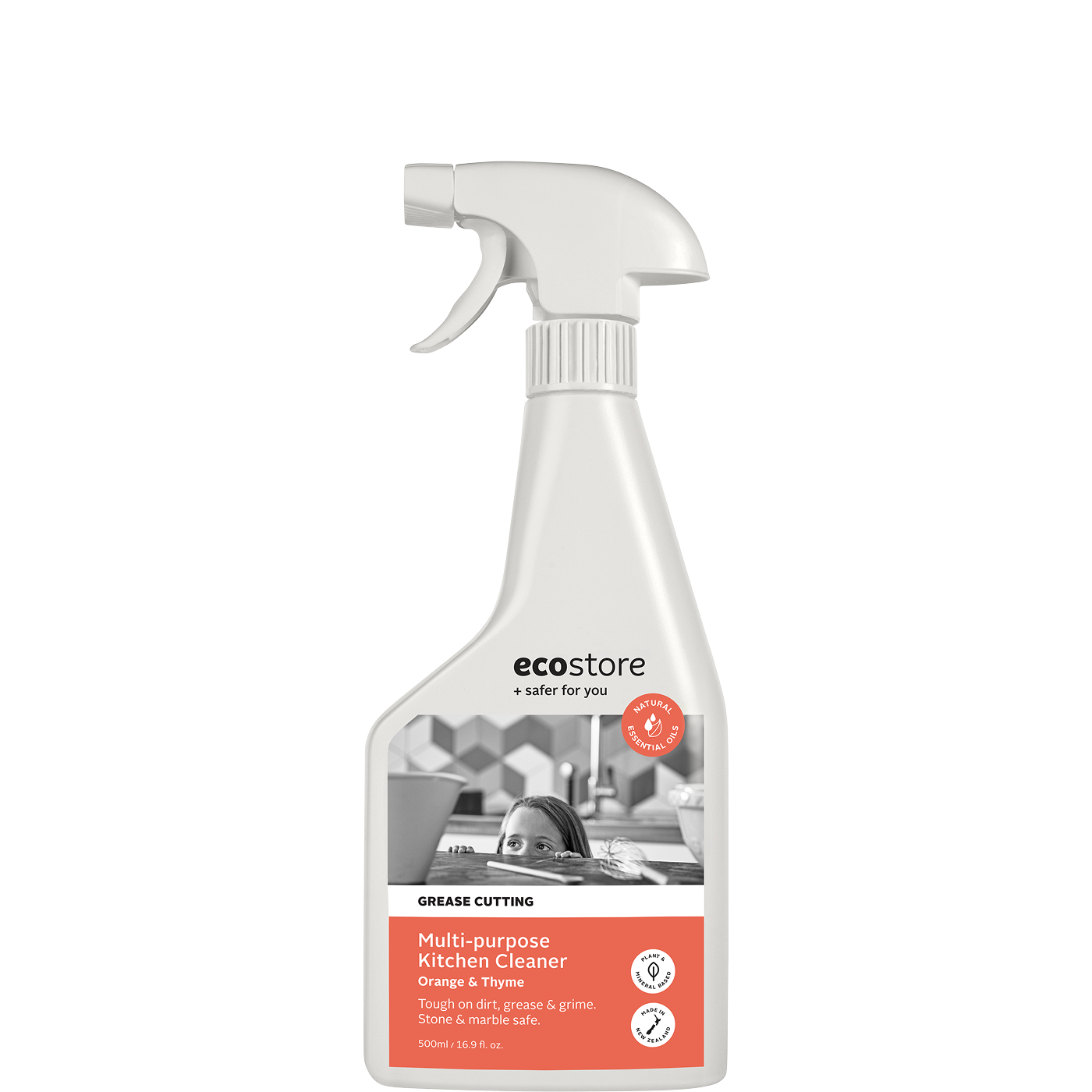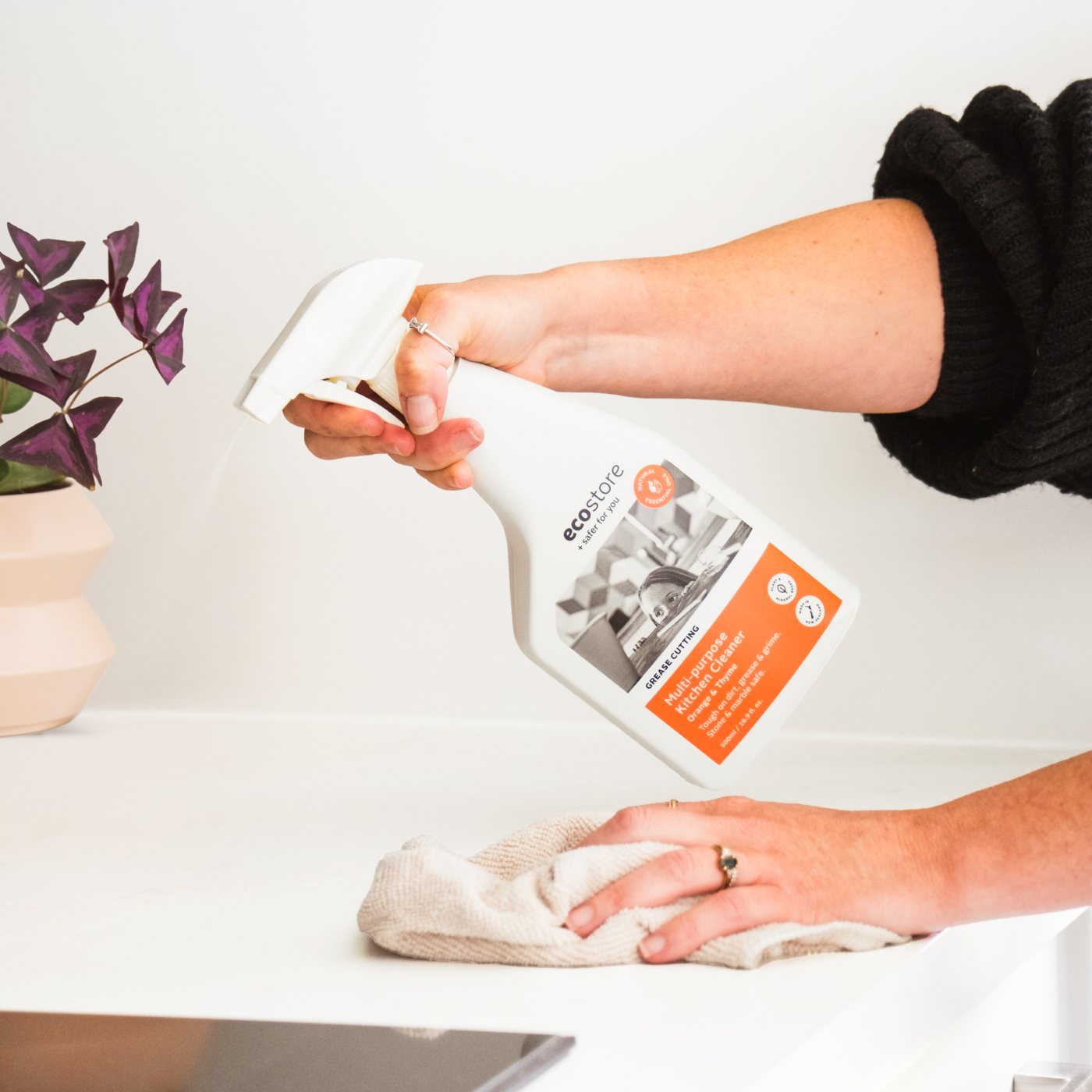If there's one thing nutritional biochemist Dr Libby Weaver constantly hears from clients, it's that busy lives are making them tired. Many of us can identify with this feeling as we juggle busy schedules, but the good news is Libby has some practical advice we can follow to boost our energy levels.
The well known practitioner, author and speaker shared these tips during a recent talk in Auckland amid a multi-stop tour of New Zealand and Australia.
- Eat real food, not junk
The nutrients we give our body is one of the most important factors in our energy levels, Libby says. She says we might think that food is going to be good for us because it's available on the supermarket shelf, but in fact our body doesn't have the ability to deal with processed food as well as whole or ‘real' food that's naturally produced.
She gave the example of a 2012 experiment that used a camera inside the body to show the difference in the digestion of two meals: one was ramen noodles, sports drink and gummy bears, the other whole food versions of these foods. The rate of digestion for the processed food was much slower.
- Relaxing rituals
Try to build habits into your day that will lower your stress levels, Libby says, especially in the morning when they can set you up for a good day ahead. You might choose yoga, tai chi, being out in nature, or meditation. She also recommends changing the way you breathe. She says stressed adults will often breathe shortly and sharply from their upper chest, but it's more beneficial to breathe from the diaphragm the way a baby does, where you see the stomach rise and fall. And by extending the length of your exhalations, you communicate to your body that it's safe. So 20 long, slow breaths can do as much good as other forms of relaxation, Libby says.
- Remember energy is the true currency of health - not weight
Libby says she doesn't weigh anyone because energy is a far more valuable measure of how healthy someone is. She says by weighing themselves, women may see a number that makes them judge themselves negatively. That can then perpetuate the cycle of poor nutrition choices and make women feel that they need to deprive themselves of food.
- Fight, flight or freeze
Libby says in caveman days we used to get this stress response when we were under attack from animals - and in these times adrenaline and the stress hormone cortisol were produced. Today we're have this response because we perceive we are constantly busy and under pressure. We are overwhelmed by our to do lists and worry about whether we have done what we said we'd do for someone else.
When we have this constant stress response, our instinct may be to fuel ourselves with coffee or a sugary afternoon snack, but coffee can add to the production of adrenaline, and sugary food may only give us a short term boost.
What puts us in the red zone - the fight, flight or freeze response - is controlled by our sympathetic nervous system, Libby says. By contrast, our parasympathetic nervous system, the part of our autonomic nervous system, works to slow our heart rate, increase digestive activity and give us rest.
- A new perspective
Libby shared the results of a survey she carried out among her Facebook fans on how they felt about life, and remembered one response that was typical of many. This had a busy career, was raising children and had to fly a lot for work and said she was stressed and tired because she was so busy. Libby heard the sentiment of complaint in her voice and realised people weren't enjoying life because they didn't have sufficient energy.
- Appreciate what you already have (the energy of joy)
Learning to love the little things in life that are already there to experience makes a big difference, Libby says - even things as simple the smell of flowers or the feel of a pet's hair. She calls this the energy of joy and adds it's been shown that if you practice gratitude, it's impossible to be grateful and feel negative at the same time. She says you can learn to love your to do list - instead of thinking, ‘I have to do all this', think, ‘wow, I get to do all this.'
- Don't have too many ‘tabs' open
Libby says we often feel overstressed because our brain has too many tabs open - in other words it's working the way we do when we open lots of pages on the internet to get lots of things done. She thinks it's better to close off the ones we can so that we're not overloading our day with multiple tasks.
- Build muscle through resistance training
Libby says the more women can build muscle mass, especially as they age, the more they will benefit from what she calls the ‘mighty mitochondria'. These are structures within cells that take nutrients and break them down to create energy. Increasing mitochondria will in turn boost our metabolism.
- Stay on the positive side of the energy ledger
Libby thinks of our energy levels in the same way as a bank account - when we're born we have natural energy, but as we go through life we make deposits and withdrawals. So it's important to know what is taking away from our energy and listen to signs from our body that we've dipped too far into our reserves - these might include increased tiredness, anxiety, illness, or digestive issues. We also need to ensure we deposit enough in our ‘account' to cover ourselves in times of increased stress, she says.
- Check your iron levels
Iron is the most common nutritional deficiency globally, Libby says, adding that between 20% and 30% of women of child bearing age in Australia and New Zealand are iron deficient. That's why we should find out if we're low in iron and if we are, take steps to increase our levels.
- A good night's rest
She shared some eye opening statistics on sleep - one is that a night of sleep deprivation can be as impairing to our driving as a blood alcohol level that shows we're legally intoxicated. She says there's nothing wrong with taking sleeping pills when needed, but if we're not sleeping well we should find out the reason so that we can address it.
This article is not intended to substitute for medical advice. Consult your health professional for advice on particular medical conditions.
Read more

Many Australian consumers want to shop responsibly, and supporting brands that are committed to the environment seems like a straightforward way to tread more lightly on the planet - in fact, Niels...

One of the first things I eliminated from my home when I decided to go nasty chemical free was deodorant. Some of them are loaded with toxins like aluminium, phthalates, parabens, triclosan and pro...






